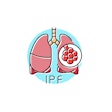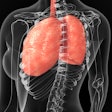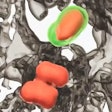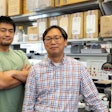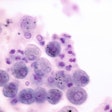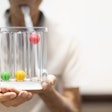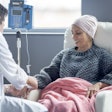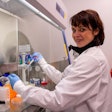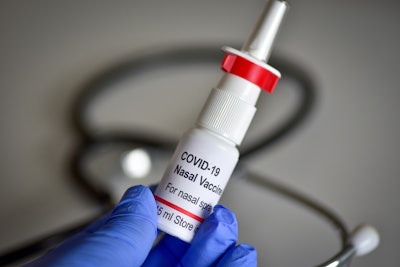
A nasal vaccine for COVID-19, based on technology developed at Washington University in St. Louis, is poised to enter a phase 1 clinical trial in the United States. The treatment was recently granted an investigational new drug approval by the U.S. Food and Drug Administration (FDA).
Researchers at WashU said in a news release that the trial will be conducted by the National Institute of Allergy and Infectious Diseases and the National Institutes of Health and funded by Project NextGen.
According to the researchers, the nasal vaccine technology is designed to induce strong immunity in the nose and upper respiratory tract, where the virus enters the body, potentially stopping the transmission of the virus and reducing serious illness and death.
Doug Frantz, PhD, vice chancellor for Innovation and Commercialization at Washington University, said the trial will evaluate the safety and efficacy of the vaccine as administered via two routes: inhaled into the lungs and sprayed into the nose.
“This powerful technology has the potential not only to help control COVID-19 but to reduce the burden of respiratory infections worldwide,” Dr. Frantz said. “The technology could be adapted for other common respiratory viruses such as seasonal influenza, avian flu and respiratory syncytial virus.”
The trial will enroll 80 adults ages 18 to 64 years who will be randomly assigned to one of four groups: low-dose intranasal, high-dose intranasal, low-dose inhaled and high-dose inhaled. The primary aim of the trial is to determine safety, but researchers will also assess immunogenicity by measuring antibody production and efficacy by determining the number of breakthrough COVID-19 cases.
The investigational nasal vaccine was co-developed by Washington University Medicine scientists Michael S. Diamond, MD, PhD, the Herbert S. Gasser professor of medicine and co-director of the Center for Vaccines & Immunity to Microbial Pathogens, and David T. Curiel, MD, PhD, the Distinguished Professor of Radiation Oncology, along with members of their laboratories.
Drs. Diamond and Curiel inserted a gene from SARS-CoV-2, the virus that causes COVID-19, into a harmless virus known as an adenovirus. The adenovirus carries the SARS-CoV-2 protein into the nose, enabling people to mount an immune defense against the SARS-CoV-2 virus without becoming sick.
“It is gratifying to see the vaccine that we conceived, designed and conducted initial testing on move closer to becoming available here in the U.S.,” said Dr. Diamond, who is also a professor of molecular microbiology and pathology and immunology.










